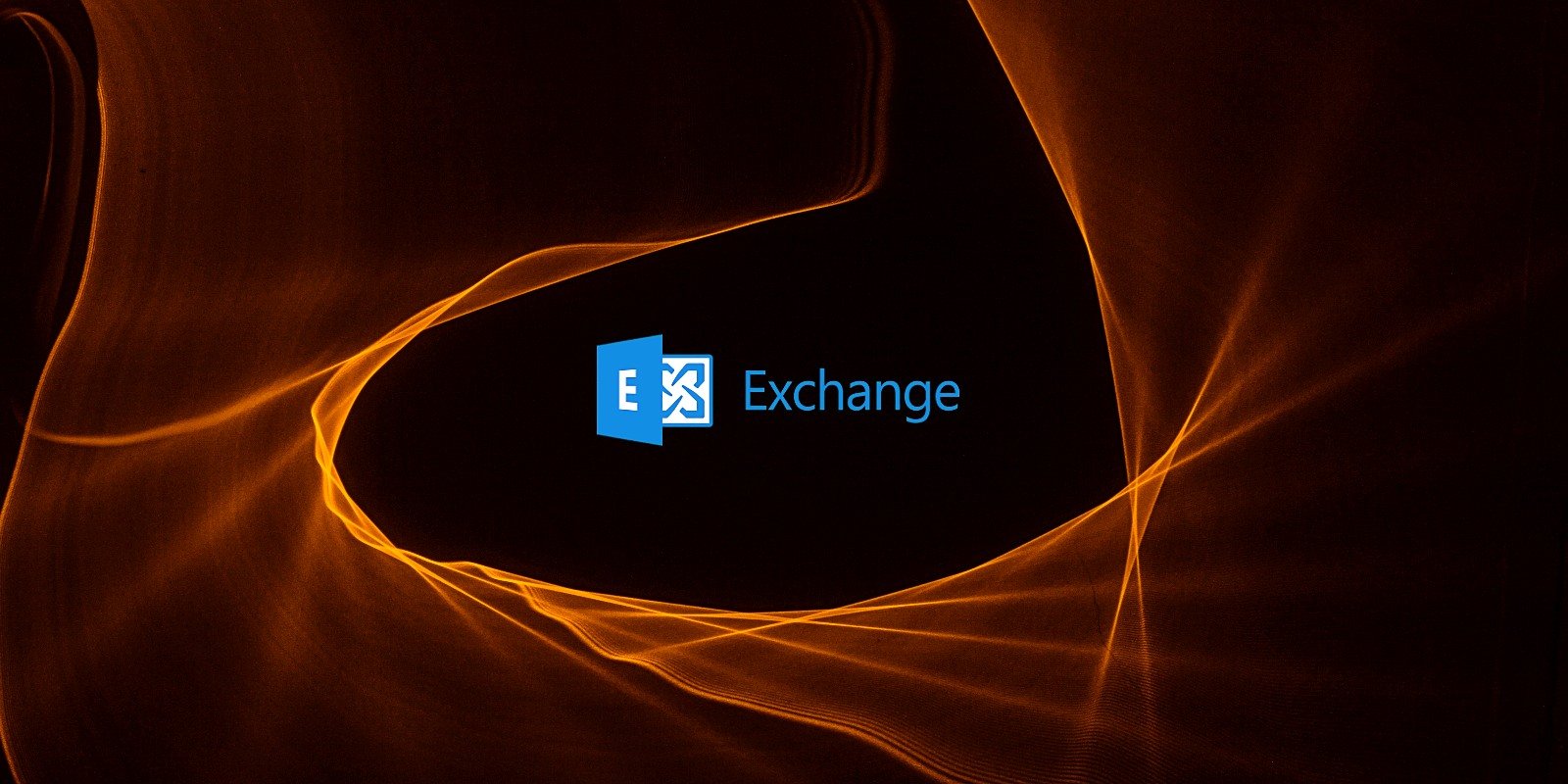
Microsoft Exchange is impacted by four zero-day vulnerabilities that attackers can exploit remotely to execute arbitrary code or disclose sensitive information on affected installations.
The zero-day vulnerabilities were disclosed by Trend Micro's Zero Day Initiative (ZDI) yesterday, who reported them to Microsoft on September 7th and 8th, 2023.
Despite Microsoft acknowledging the reports, its security engineers decided the flaws weren't severe enough to guarantee immediate servicing, postponing the fixes for later.
ZDI disagreed with this response and decided to publish the flaws under its own tracking IDs to warn Exchange admins about the security risks.
A summary of the flaws can be found below:
- ZDI-23-1578 – A remote code execution (RCE) flaw in the 'ChainedSerializationBinder' class, where user data isn't adequately validated, allowing attackers to deserialize untrusted data. Successful exploitation enables an attacker to execute arbitrary code as 'SYSTEM,' the highest level of privileges on Windows.
- ZDI-23-1579 – Located in the 'DownloadDataFromUri' method, this flaw is due to insufficient validation of a URI before resource access. Attackers can exploit it to access sensitive information from Exchange servers.
- ZDI-23-1580 – This vulnerability, in the 'DownloadDataFromOfficeMarketPlace' method, also stems from improper URI validation, potentially leading to unauthorized information disclosure.
- ZDI-23-1581 – Present in the CreateAttachmentFromUri method, this flaw resembles the previous bugs with inadequate URI validation, again, risking sensitive data exposure.
All these vulnerabilities require authentication for exploitation, which reduces their severity CVSS rating to between 7.1 and 7.5. Furthermore, requiring authentication is a mitigation factor and possibly why Microsoft did not prioritize the fixing of the bugs.
It should be noted, though, that cybercriminals have many ways to obtain Exchange credentials, including brute-forcing weak passwords, performing phishing attacks, purchasing them, or acquiring them from info-stealer logs.
That said, the above zero-days shouldn't be treated as unimportant, especially ZDI-23-1578 (RCE), which can result in complete system compromise.
ZDI suggests that the only salient mitigation strategy is to restrict interaction with Exchange apps. However, this can be unacceptably disruptive for many businesses and organizations using the product.
We also suggest implementing multi-factor authentication to prevent cybercriminals from accessing Exchange instances even when account credentials have been compromised.
BleepingComputer has contacted Microsoft for a comment on ZDI's disclosure and is still waiting for a response.
"exchange" - Google News
November 03, 2023 at 10:14PM
https://ift.tt/tfAi7ZX
New Microsoft Exchange zero-days allow RCE, data theft attacks - BleepingComputer
"exchange" - Google News
https://ift.tt/bxTwaVe
https://ift.tt/C40SJLA
Exchange
Bagikan Berita Ini














0 Response to "New Microsoft Exchange zero-days allow RCE, data theft attacks - BleepingComputer"
Post a Comment